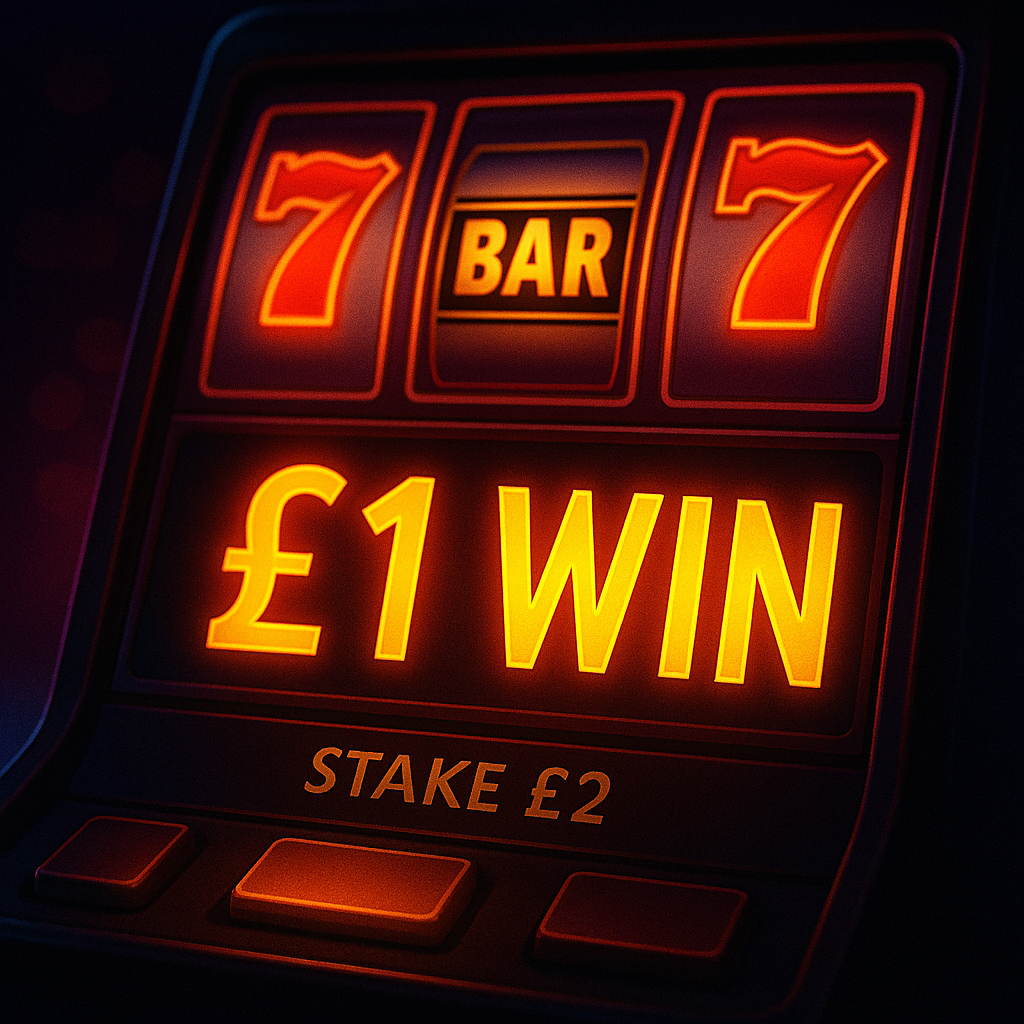
Slot Psychology: Losses Disguised as Wins
- When Losing Feels Like Winning, why machines celebrate even small payouts.
- Sounds and Lights, Celebrations trick the brain into feeling rewarded.
- The Net Result, if it’s less than your stake, it’s still a loss.
Losses Disguised as Wins: When Losing Still Feels Like Winning
If you’ve ever played a £500 jackpot slot in a UK arcade or betting shop, you’ll know the thrill of the lights flashing and music playing after a spin. But here’s a question: did you actually win, or did you just experience what’s known as a loss disguised as a win?
A “loss disguised as a win” happens when the machine pays out, but the amount is less than your original stake. For example, you might stake £2, and the reels return £1. From a financial point of view, you’ve lost £1 on that spin. Yet the machine celebrates with sound effects, flashing lights, and upbeat music, making it feel as if you’ve achieved something.
This design feature is common on UK B3 slots (max £2 stake, £500 jackpot) as well as pub fruit machines with lower stakes. Let’s say you’re playing a multi-line game with 20 paylines. You might hit a small line win worth 50p, but because you staked £2, you’re still down overall. However, the way the machine presents it — highlighting the winning line, playing celebratory sounds, and adding credits to your balance — creates the impression of success.

So why do designers do this? It all comes down to player psychology. Humans are highly responsive to positive reinforcement. When the machine lights up and celebrates, it triggers a small dopamine release in the brain, similar to what happens on an actual win. Even though you know the payout is less than your stake, the emotional response can still feel rewarding.
This effect keeps players engaged. Without it, every spin that returned less than the stake would feel like a flat-out loss, which could quickly become discouraging. By disguising small losses as mini-wins, machines maintain a steady rhythm of positive feedback that encourages longer play.
You’ll notice that the bigger the loss-disguised-as-a-win, the more subtle the celebration tends to be. A spin returning 50p on a £2 stake will still flash and beep, but not in the same dramatic way as hitting a feature or a jackpot. This balance is deliberate — enough to feel like a win, but not enough to confuse it with a major payout.
Importantly, these disguised wins don’t change the maths. Over time, the return-to-player (RTP) percentage of the machine is fixed, whether or not the losses are presented as wins. But the way outcomes are packaged makes a big difference to how the experience feels in the moment.
Next time you’re playing and the machine celebrates a payout, take a second to check: did you actually come out ahead on that spin? Or was it another loss disguised as a win? Recognising the difference is one of the best ways to understand how UK slots keep players spinning — not just with big jackpots, but with the clever use of psychology along the way.